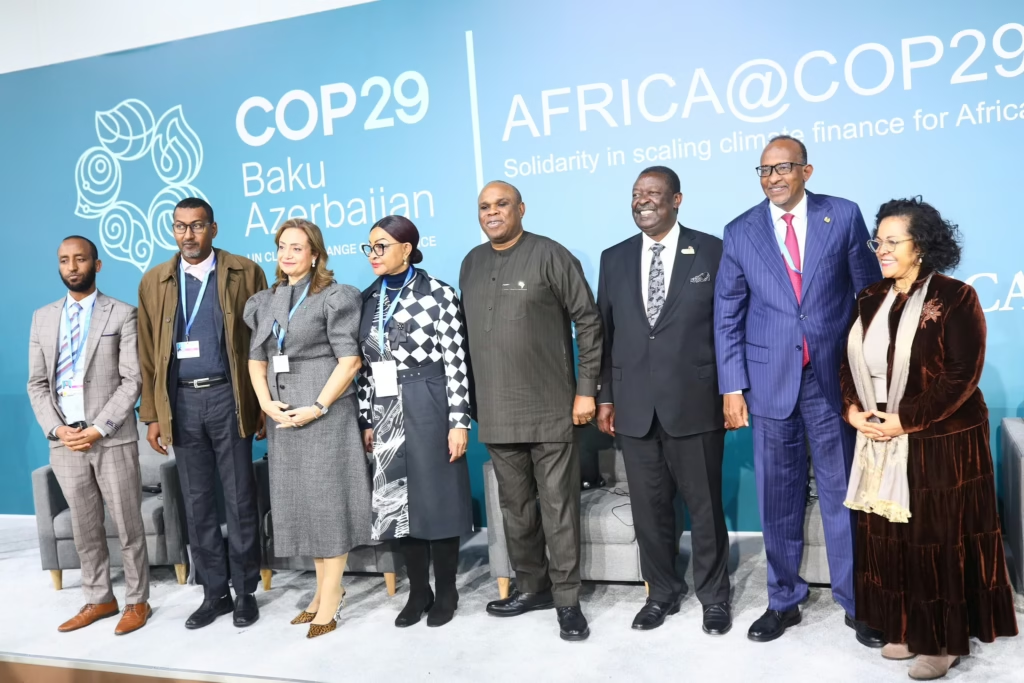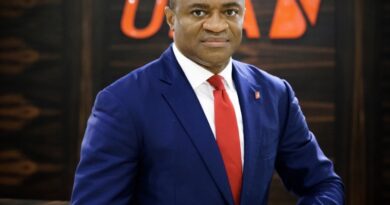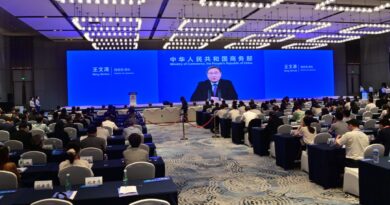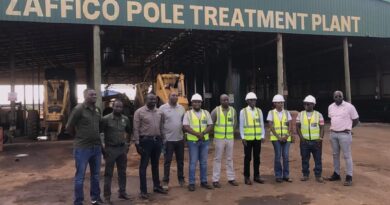African Banks Fund Uganda’s Oil Pipeline Despite Climate Pledges
Several African banks, including Afreximbank, have confirmed their financial backing for Uganda’s East African Crude Oil Pipeline (EACOP), despite ongoing concerns about environmental and social impacts.
The financing, announced this week, will see a syndicate of banks commit an initial $1 billion to the project, with two more tranches expected. Among the lenders are South Africa’s Standard Bank, Uganda’s Stanbic Bank, KCB Bank, and Saudi Arabia’s Islamic Corporation for the Development of the Private Sector.
EACOP, a 1,443-km pipeline, is designed to transport crude oil from Uganda’s Lake Albert region to Tanzania’s Tanga Port for export. The project, majority-owned by TotalEnergies, has faced global backlash over its environmental and human rights implications.
The funding announcement comes just months after Afreximbank executives pledged support for Africa’s energy transition at COP29 in Azerbaijan. Environmental groups have accused the bank of contradicting its climate commitments.
Samuel Okulony, CEO of Uganda’s Environment Governance Institute, criticized the move, calling it a “big disappointment” that contradicts Afreximbank’s public stance on clean energy.
A coalition of regional civil society groups condemned the funding announcement, especially as Uganda grapples with climate-related disasters such as deadly floods in Kampala.
“The banks have prioritized profits over people, funding displacement, environmental harm, and climate chaos,” the STOPEACOP coalition stated, warning of legal actions against the financial institutions involved.
The project has struggled to attract financing, as several Western lenders, including BNP Paribas, Société Générale, Barclays, and Standard Chartered, have refused to invest. The Ugandan government, however, has remained committed to the pipeline, arguing that oil production is crucial for economic growth.
Despite public pledges to support Africa’s transition to renewable energy, Afreximbank has expanded its fossil fuel investments. In 2024, over 20% of its total loans went to oil and gas projects, including those in Nigeria, the Republic of Congo, and Guyana.
The bank’s president, Benedict Oramah, has previously warned about Africa’s vulnerability to climate change, but its latest funding decision suggests a widening gap between climate rhetoric and financial priorities.



